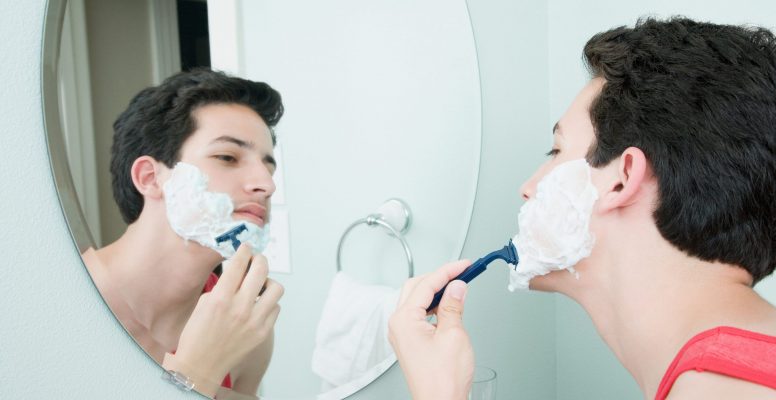Written By: Kayla Hernandez, Clinical Trainee at ACS, Adolescent Substance Abuse Treatment Program more and moreAmericans are playing video games every year, especially since the COVID-19 pandemic. About two thirds of adults and three quarters of children and teens reported regularly gaming, with reported use going up by six percent within the past year, according […]
Written By: Megan Collom, Clinical Trainee at ACS, On-Campus Counseling Program ALTHOUGH IT IS NOTas well known as other eating disorders, orthorexia is just as damaging and dangerous. Orthorexia is not formally recognized by the Diagnostic and Statistical Manuel and is not an official diagnosis, yet, it is still a form of disordered eating. Orthorexia […]
Written By: Cristian Lemus, Clinical Trainee at ACS, Adolescent Substance Abuse Treatment Program TRADITIONAL MASCULINITYis a social construct that presents itself in many different forms across the world. In the U.S., masculinity typically embodies winning, hyper-sexuality, controlling one’s emotions, risk-taking, violence, dominance, and dislike of being perceived as gay (Mahalik et al., 2003). When masculinity […]
Written By: Dafne Garcia, Clinical Trainee at ACS, On-Campus Counseling Program RAISING A FAMILYis not an easy job. As children go through their developmental stages, it challenges parents to learn and adapt to where their child is at developmentally. Raising a teen is no different. Teens go through many changes in their lives that include […]
Written By: Tucker Chopp, Clinical Intern at ACS, Outlet Program for many young people,the teenage years become increasingly fraught with highly self-conscious thinking. It is typical for adolescents to become preoccupied with how they are perceived by others and how they fit into society. How teens present themselves physically often becomes a significant concern in […]
Written By: Kenzie Bohnsack, Clinical Intern at ACS, Adolescent Substance Abuse Treatment Program A desire forautonomy is experienced at two critical stages in life, toddlerhood and adolescence. Autonomy can be defined as feeling, behaving, and thinking independently, a sense of self-governance or freedom to make choices. During adolescence, youth begin to separate from their parents […]
Written By: Jaimie Sandlin, Clinical Intern at ACS, On-Campus Counseling Program and Community Counseling Program family sessionscan be tense, but the expected outcome is that you all emerge stronger together. When your teen’s therapist asks you, their caregiver, to join them for a session, it can be nerve-wracking. You might feel defensive. You might feel […]
Written By: Elizabeth Rivera, Clinical Trainee at ACS, On-Campus Counseling Program and Adolescent Substance Abuse Treatment Program “Your no makes the way for your yes. Boundaries create the container within which your yes is authentic. Being able to say no makes yes a choice.” ― Adrienne Maree Brown, Pleasure Activism: The Politics of Feeling Good […]
Written By: Anna Fitch, Clinical Intern at ACS, On-Campus Counseling Program what is mindfulness? Over the past three decades, a movement of mindfulness-based positive psychology has taken the field by storm. As a result, mindfulness has become commonplace within the vernacular of modern-day society. While well-intentioned, mindfulness has become somewhat of a cultural commodity, leading […]
Written By: Wen Soon, Clinical Intern at ACS, Adolescent Substance Abuse Treatment Program communication is often one of the most important skills people are taught. We hear it from other parents, teachers, and the media as the one panacea to any problems we have in the family. Think about the last time you communicated with […]










